This encyclopaedia is produced with consideration to relate facts and essential elements of history of Medieval India. starting from invasions of turks at the end of 12th century and settling down here, emergence of Mughals that lasted almost two centuries. Though Babar was founder of Mughal empire in a sense only that he came first to India and inspired his successors for achievement, Human is also important for he maintained the claim for long enough for others to take over. Had his successor not passesed genius on their own all work done by Babar and Humayun would have been in vain. Mughals after Humayun were benefited from the blue print of administration prepared by Sher Shah Suri which he could not implement. It was the period when Mughal empire under Akbar became a political fact. He raised himself to the position of accepted ruler of Hindustan. There after Mughal empire rested upon four main pillars, these were personality of emperor, the Rajput alliance, policy of toleration and balance of power. With exception of Maratha movement under Shivaji and Deccan kingdoms Mughals dominated India. struggle of Deccan was so intense that lasted for 26 years until the death of Aurangzeb and left Mughal empire exhausted and ruined its morale. This set depict several aspects of medieval history of India. All the themes have been explained in a comprehensive way. Indeed this set will be useful for social scientists, teachers, researchers and students in India and abroad.
Encyclopaedic Biography of Indian Freedom Fighters (In 6 Volumes)
The Encyclopaedic biography ...
$315.00
$350.00

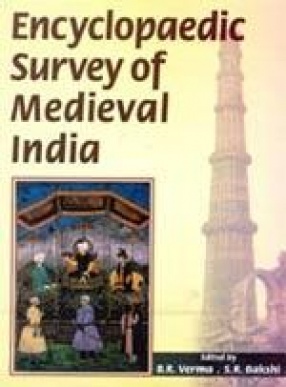
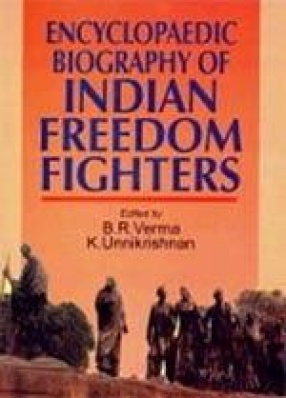
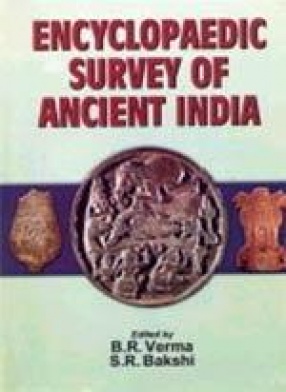
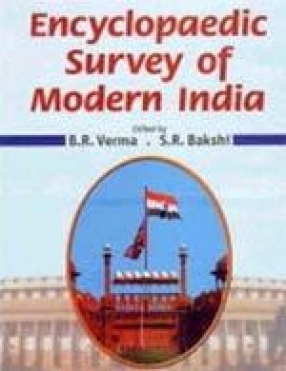
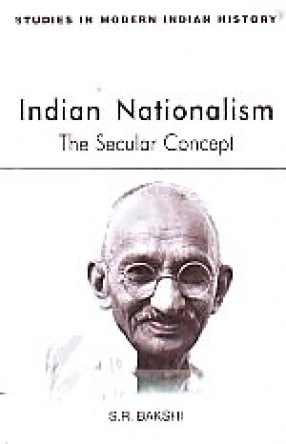
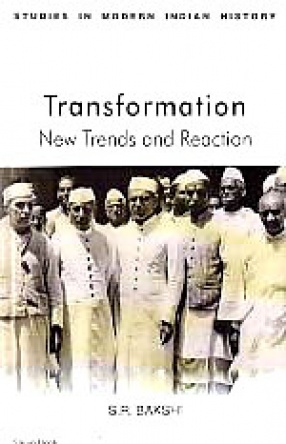
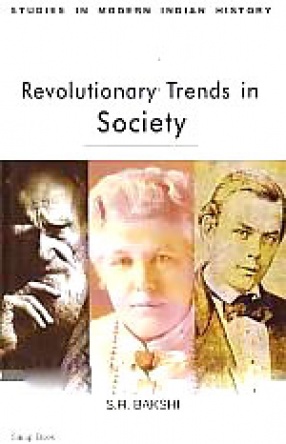

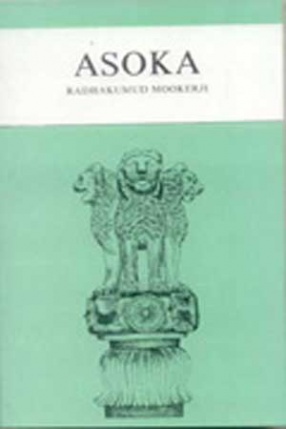
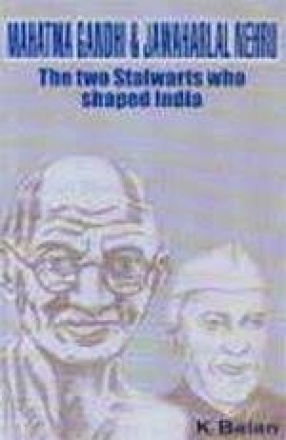
There are no reviews yet.